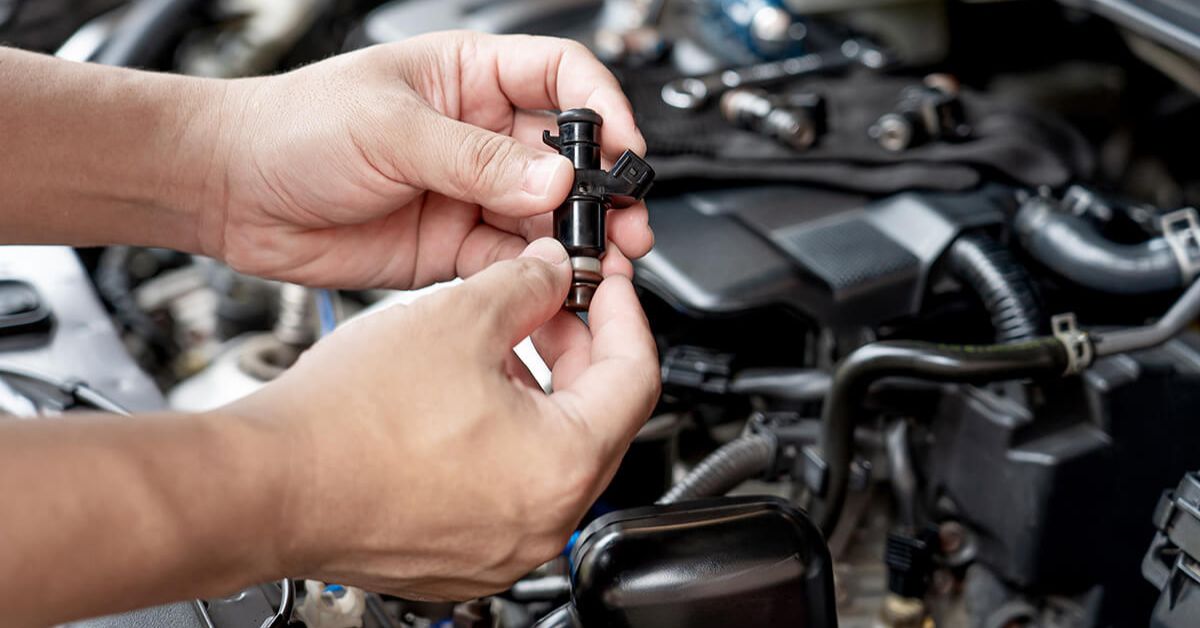Exploring the profound influence of fuel quality on the functionality of 5.9L and 6.7L diesel engine fuel injectors has been a subject of extensive scrutiny. This exploration seeks to uncover the intricate ways in which fuel quality moulds and shapes the operational efficiency and durability of these critical components within the engine. Acknowledging the pivotal role of fuel remains crucial in the domain of engine performance.
Fuel injectors, acting as indispensable elements in the combustion process, stand directly susceptible to the quality of the fuel they administer into the combustion chamber. Considering fuel quality’s paramount importance, ensuring the integrity of the fuel injector service becomes imperative. Substandard fuel can lead to the accumulation of deposits within injectors, hindering their optimal function. Therefore, prioritising quality fuel and regular fuel injector service becomes pivotal in maintaining the efficiency and extending the lifespan of these integral engine components.
Influence On Injector Deposits:
The impact on injector deposits is heavily influenced by the calibre of the fuel used. Subpar fuel, known for its impurities and contaminants, significantly contributes to the buildup of deposits on the delicate surfaces of injector nozzles and orifices. These deposits pose a substantial threat by disrupting the precise and uniform spray pattern of fuel, thereby diminishing the engine’s combustion efficiency. Moreover, these deposits don’t just hinder the spray pattern but can also lead to incomplete combustion, affecting engine performance and fuel economy. Ensuring high-quality fuel intake and regular maintenance through fuel additives or professional cleaning services becomes imperative in preventing such deposits and preserving the optimal function of fuel injectors.
Effects On Atomisation:
The quality of fuel significantly impacts the Atomisation process, which is crucial for converting fuel into finely dispersed particles essential for efficient combustion. When low-quality fuel, rife with impurities or inconsistent composition, enters the equation, it compromises the Atomisation process. This compromise often results in an uneven breakdown of fuel particles, which directly translates into irregular combustion and a noticeable decline in overall engine performance. Furthermore, inefficient Atomisation can also contribute to increased emissions and a loss in fuel efficiency. To maintain optimal engine function, prioritising high-quality fuel that ensures proper atomisation is key, minimising the risks of uneven combustion and preserving the engine’s performance and environmental impact.
Combustion Efficiency:
The efficiency of combustion directly hinges on the quality of the fuel being utilised. When low-quality fuel containing contaminants is introduced into the combustion process, it often triggers incomplete combustion. This incomplete burning not only wastes fuel but also directly impacts the engine’s ability to generate optimal power output. Incomplete combustion contributes to increased emissions of pollutants, compromises fuel economy, and ultimately affects the engine’s overall performance. Prioritising high-grade fuel devoid of contaminants is vital to ensure complete combustion, maximise fuel efficiency, and maintain the engine’s power output at its peak potential.
Emission Level:
Substandard fuel often correlates with heightened emissions due to incomplete combustion, a consequence of impurities within the fuel. These impurities directly contribute to increased levels of exhaust emissions, posing significant challenges for meeting environmental standards and impacting the overall air quality. Elevated emission levels not only impact regulatory compliance but also pose environmental and health hazards. Mitigating these risks necessitates a focus on using high-quality fuel that ensures complete combustion, thereby minimising emissions and promoting cleaner air quality. Prioritising fuel quality becomes imperative not just for the engine’s efficiency but also for mitigating the detrimental impact on the environment and public health.
Fuel Filter:
Keeping the fuel filter in prime condition is critical to safeguard the well-being of fuel injectors. When a filter becomes clogged, it opens the door for contaminants to infiltrate the injectors, potentially leading to detrimental consequences. These impurities can impair the injectors’ functionality, causing harm and adversely affecting the engine’s overall performance. Regular inspection and replacement of fuel filters, according to manufacturer recommendations, constitute a proactive approach to ensure the injectors remain protected from harmful debris, preserving their efficiency and contributing to the engine’s longevity. Therefore, prioritising the maintenance of clean fuel filters serves as a crucial preventative measure to uphold the health of fuel injectors and sustain optimal engine operation.
Longevity Of Injectors:
The lifespan of injectors is profoundly influenced by the quality of the fuel they encounter. High-quality fuel, enriched with appropriate additives and detergents, plays a pivotal role in preserving injector cleanliness, mitigating the damage caused by debris buildup, and consequently reducing wear and tear. This upkeep ensures that the injectors maintain their precision in fuel dispersion, prolonging their operational life and averting premature malfunction. On the contrary, the use of low-quality fuel expedites the degradation of injectors, potentially resulting in expensive repair or replacement costs. Investing in superior fuel and periodic maintenance safeguards injector longevity, ultimately ensuring consistent engine performance and preventing avoidable expenses on injector replacements.
In conclusion, the relationship between fuel quality and injector performance is undeniable. High-quality fuel ensures the proper functioning of injectors, optimising engine performance and extending their lifespan. Vehicle owners must prioritise using fuel from reputable sources, as it directly impacts not only the immediate performance of their vehicles but also the long-term health and reliability of the engine’s vital components.
Also, read: How ECU Modifications Impact Engine Functionality?

